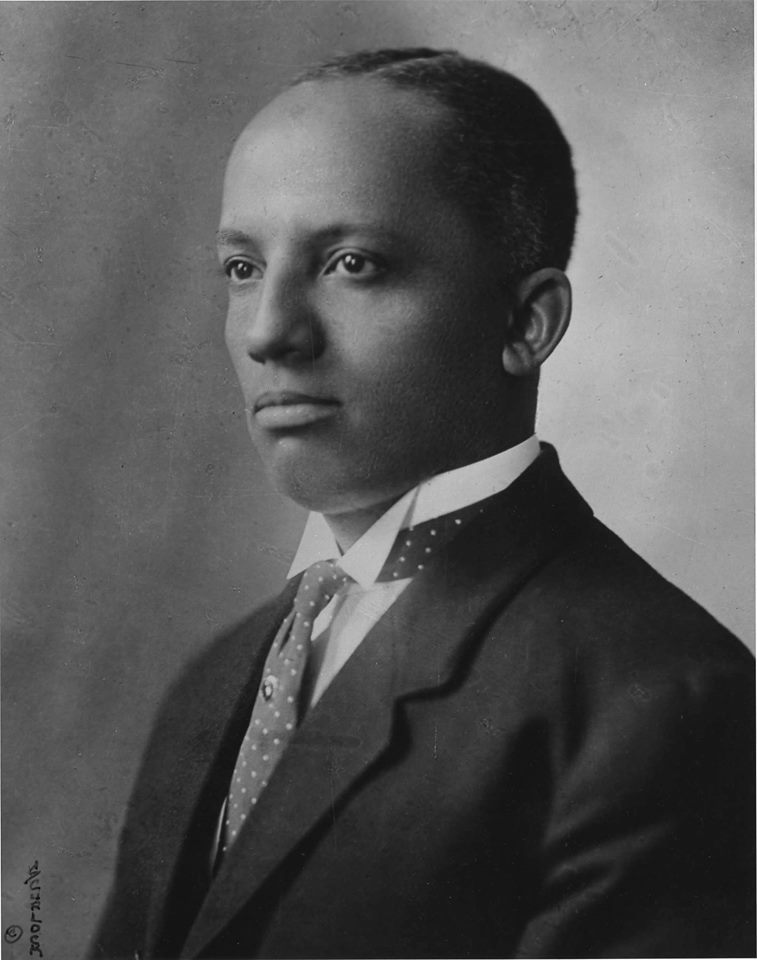Every February when the nation recognizes Black History Month to celebrate the accomplishments of Black Americans, some inevitable questions are raised.
Do we still need to celebrate Black History Month?

Black History Month is not only still relevant but necessary. But first, let’s take a quick look at how this observance began.
While earning a master’s degree from the University of Chicago and a Ph.D from Harvard, both in history, historian Carter G. Woodson saw how Black people were underrepresented in history books. He was determined to correct this marginalization, which he viewed as dangerous.
“If a race has no history, it has no worthwhile traditions, it becomes a negligible factor in the thought of the world, and it stands in danger of being exterminated,” Woodson said of the need for such study.
Woodson began to realize his hopes of raising awareness of African-American contributions when he and the organization he founded, the Association for the Study of Negro Life and History (ASNLH), conceived and announced Negro History Week in 1925.
Negro History Week was first celebrated during the second week of February in 1926 because it is the birth month of both President Abraham Lincoln and abolitionist Frederick Douglass.
In 1976, the nation’s bicentennial, the celebration was expanded to a month. President Gerald Ford urged Americans to “seize the opportunity to honor the too-often-neglected accomplishments of Black Americans in every area of endeavor throughout our history.”
That’s the brief history.
There are many reasons we should continue to celebrate Black History Month today.
First, the month long celebration is needed because African-American history is still largely unknown and underappreciated.
Secondly, though many people understand that Black American culture is essential to the understanding of American culture, particularly in music, many do not know how African-American history is intractably tied to the founding, development and evolution of America — politically, economically and culturally.
Also, the history of the U.S. Civil Rights Movement is too important to an accurate understanding of U.S. history for students not to know it. Yet a Southern Poverty Law Center study showed that most states fail when it comes to teaching the Civil Rights Movement to students.
The history of Black Americans is a testament to the human spirit. Despite enslavement and centuries of brutal discrimination, many Black Americans became creators of a strategy for living and triumphed over their conditions with faith, resilience and dignity. Knowledge of this history can inform and uplift those who are struggling to overcome life’s challenges.
Black History Month was never the end goal. It is the beginning — a small spark that hopefully will bring light to the minds of all Americans to seek more information for greater knowledge and understanding.
I Dream A World
I dream a world where man No other man will scorn, Where love will bless the earth And peace its paths adorn I dream a world where all Will know sweet freedom’s way, Where greed no longer saps the soul Nor avarice blights our day. A world I dream where black or white, Whatever race you be, Will share the bounties of the earth And every man is free, Where wretchedness will hang its head And joy, like a pearl, Attends the needs of all mankind Of such I dream, my world!
AMEN.
by: Langston Hughes
Tune in Sunday to our live-stream Worship Services as we explore these passages, Psalm 147:1-11, 20c & Isaiah 40:21-31
“I don’t know how, but I know WHO!”
Peace, Pastor Nelda
We ask you to remember the church and it’s ministries and outreaches that are still going on, even in this time of COVID19. Feel free to use our online giving option below to donate your tithes and offerings. Thanks in advance.
Follow us on facebook:https://www.facebook.com/KennedaleFUMC





































